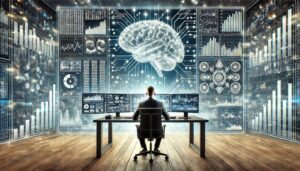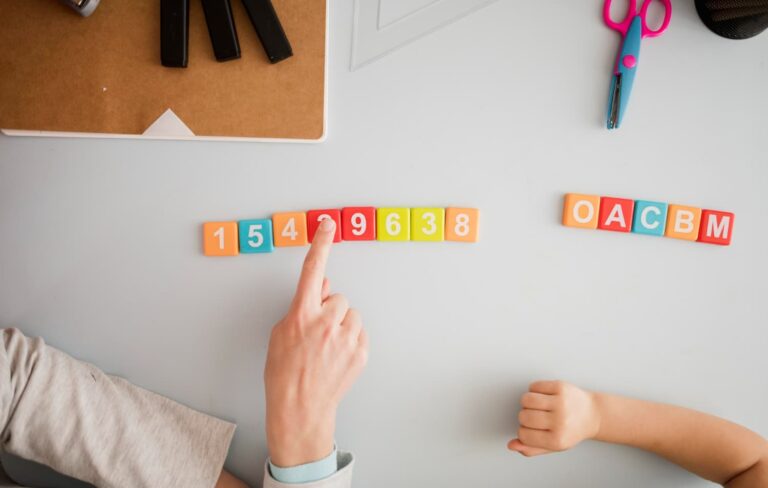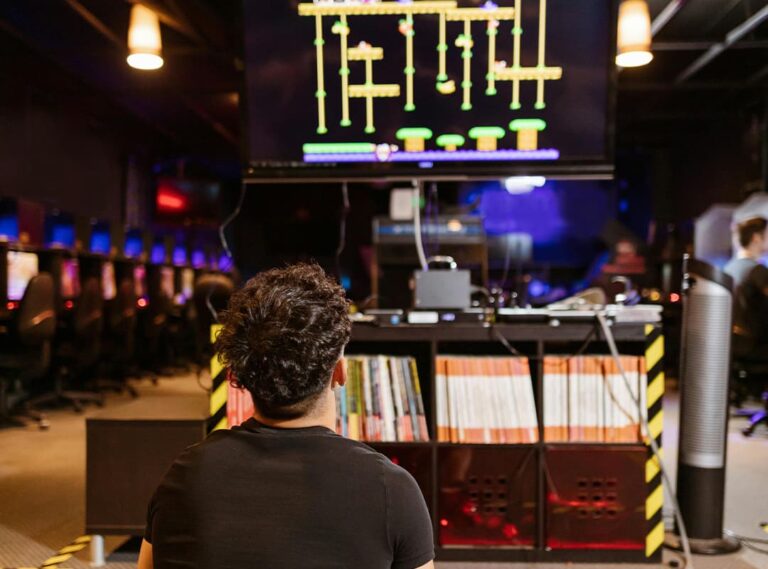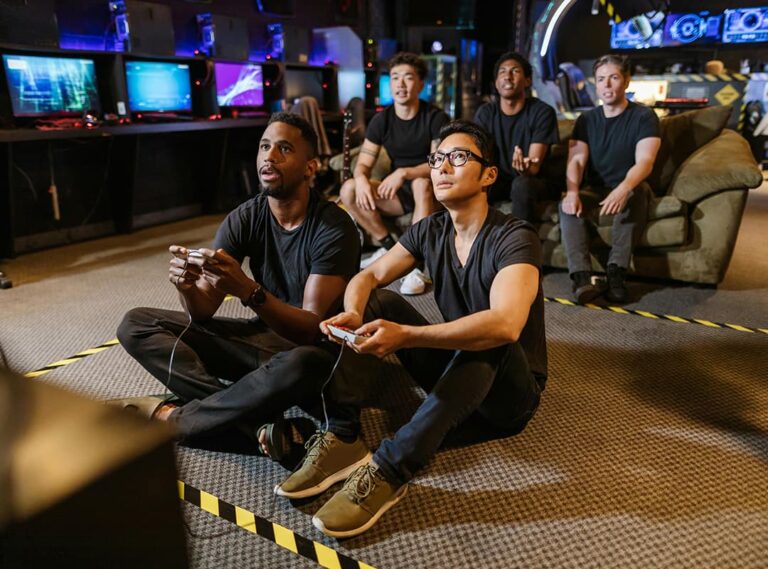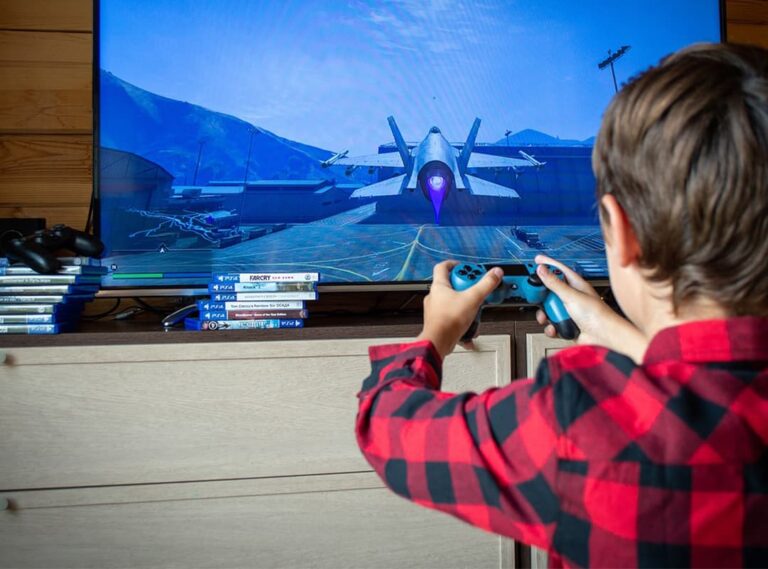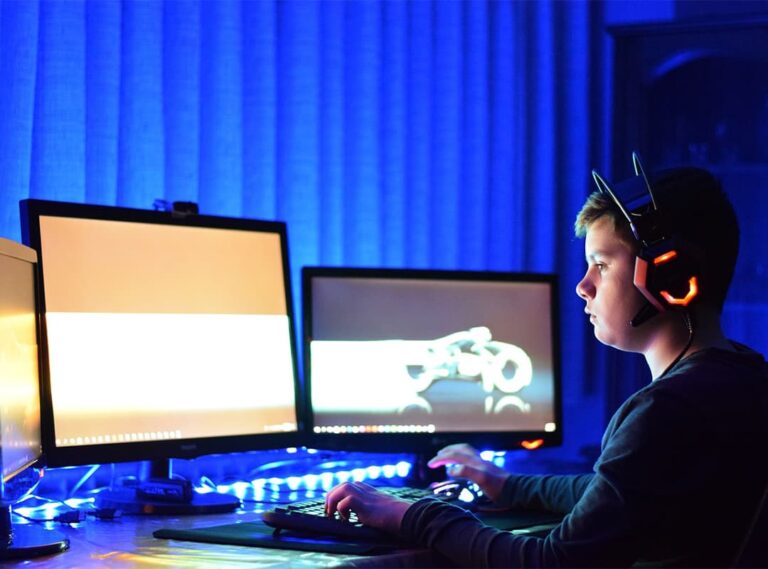Cognitive aging is a natural process characterized by gradual changes in brain function, including reduced processing speed, memory lapses, and decreased problem-solving abilities. As the global population ages, understanding and mitigating these effects are paramount, not only to enhance the quality of life but also to lessen the burden on healthcare systems. Dementia, a more severe form of cognitive decline, affects millions worldwide, presenting with significant memory loss, impaired reasoning, and changes in personality. Given this context, there has been growing interest in preventive strategies that can delay or reduce the severity of cognitive aging and dementia.
Brain games, which include a variety of puzzles, memory challenges, and problem-solving exercises, are often touted as beneficial tools for maintaining and enhancing cognitive function. These games are designed to stimulate mental activity and are believed to potentially fortify the brain against the natural declines of aging. Proponents suggest that regular engagement with such cognitive exercises can help sharpen mental faculties, improve memory, and maintain brain agility. As we explore the role of these brain games, it’s important to distinguish between marketing claims and scientifically validated facts, assessing whether these digital and analog games can truly make a significant impact in combating cognitive aging and the onset of dementia.
Overview of Brain Games
Brain games encompass a diverse range of digital and analog activities designed to challenge the mind and enhance various cognitive functions. These games typically target areas such as memory, attention, flexibility, problem-solving, and speed of processing, aiming to engage and stimulate different parts of the brain. Popular forms of brain games include crosswords, Sudoku, memory matching games, puzzles like jigsaw and Rubik’s Cube, and computer or mobile apps specifically designed to train cognitive skills.
Digital platforms, such as Lumosity, CogniFit, and Peak, offer a suite of games that are scientifically crafted to aid in cognitive training, providing personalized daily routines that adapt to the user’s performance. These platforms utilize algorithms to adjust the difficulty and type of game to optimize cognitive stimulation for individual users. Analog games, while less technologically advanced, also play a crucial role in cognitive enhancement. Traditional card games like bridge or chess, for instance, require strategic thinking and memory, providing mental workouts that can be equally beneficial. Both forms of brain games claim to offer not only entertainment but also the potential to improve mental sharpness and delay cognitive decline, making them a popular choice among individuals seeking to preserve their cognitive health.
Table: Types and Examples of Brain Games
| Type | Examples | Features | Benefits |
| Digital Games | Lumosity, CogniFit, Peak | Personalized routines, Adaptive difficulty, Cognitive training | Tailored cognitive exercises, Progress tracking |
| Memory Games | Memory Matching Games, Lumosity Memory Games | Enhances memory recall, Often features timed challenges | Improved memory recall, Cognitive enhancement |
| Puzzle Games | Sudoku, Jigsaw Puzzles, Rubik’s Cube | Requires problem-solving, Engages spatial reasoning | Enhanced problem-solving skills, Spatial awareness |
| Card Games | Bridge, Poker, Solitaire | Strategic thinking, Requires memory and planning | Strategic skills, Mental agility |
| Board Games | Chess, Checkers, Scrabble | Strategic and tactical skills, Language skills | Strategic planning, Vocabulary improvement |
| Physical Puzzles | Rubik’s Cube, Tangrams, 3D Puzzles | Engages hands-on problem solving, Requires spatial reasoning | Improved spatial skills, Dexterity |
| Educational Apps | Brain Age, Elevate, Mindspark | Tailored cognitive exercises, Gamified learning | Cognitive development, Learning through play |
The Science of Cognitive Aging and Dementia
Cognitive aging refers to the natural decline in cognitive function as one ages, a process that is both inevitable and distinct from neurodegenerative diseases like dementia. This decline typically manifests in slower mental processing, difficulties with multitasking, and challenges in recalling names and details. However, not all cognitive functions deteriorate with age; for instance, knowledge accumulated from life experiences and vocabulary often remain stable or even improve over time. The science behind cognitive aging is complex, involving changes in brain structure and function, including reduced synaptic activity, loss of brain volume, and alterations in neurotransmitter systems.
Dementia, on the other hand, is a broader term that encompasses various types of severe cognitive decline that interfere significantly with daily life. Alzheimer’s disease is the most common form of dementia and involves the buildup of amyloid plaques and tau tangles in the brain, leading to the death of brain cells and a progressive loss of cognitive functions. Other forms of dementia include vascular dementia, which results from microscopic bleeding and blood vessel blockage in the brain, and Lewy body dementia, characterized by abnormal protein deposits in brain cells. Understanding the mechanisms of cognitive aging and dementia is crucial for developing effective interventions. Current research aims to distinguish normal aging from pathological aging, identify risk factors, and explore preventive measures to maintain cognitive health well into the later stages of life.
Future Directions in Research
As the field of cognitive enhancement through brain games continues to evolve, future research directions are becoming increasingly nuanced and ambitious. Key areas of focus include:
Customization of Brain Training Programs:
- Personalized brain games that adapt to an individual’s cognitive profile.
- Integration of data from cognitive assessments, user performance metrics, and possibly genetic information.
- Tailoring exercises to target specific neural pathways and cognitive processes.
Combining Brain Games with Other Therapeutic Modalities:
- Exploring synergistic effects with physical exercise and nutritional interventions.
- Potential for physical fitness to enhance brain function when merged with cognitive training.
Advancements in Virtual and Augmented Reality (VR and AR):
- Creating immersive and engaging brain training experiences.
- Simulating real-world activities to make training more enjoyable and applicable.
Addressing Reproducibility and Scalability:
- Ensuring findings from controlled studies translate into real-world benefits.
Conclusion
The potential of brain games to combat cognitive aging and dementia presents an intriguing area of research and application. While these games offer a practical, enjoyable means of engaging the mind, it is essential to approach their use with a balanced perspective, acknowledging both their benefits and limitations. Current evidence suggests that brain games can contribute to cognitive health, particularly when combined with other lifestyle factors such as regular physical activity, social interaction, and a balanced diet. However, the effectiveness of brain games varies, and more robust, long-term studies are needed to further elucidate their role in cognitive maintenance and enhancement. Ultimately, integrating brain games into a comprehensive approach to brain health could play a valuable part in enhancing the quality of life for aging populations and possibly delaying the onset or progression of dementia.

